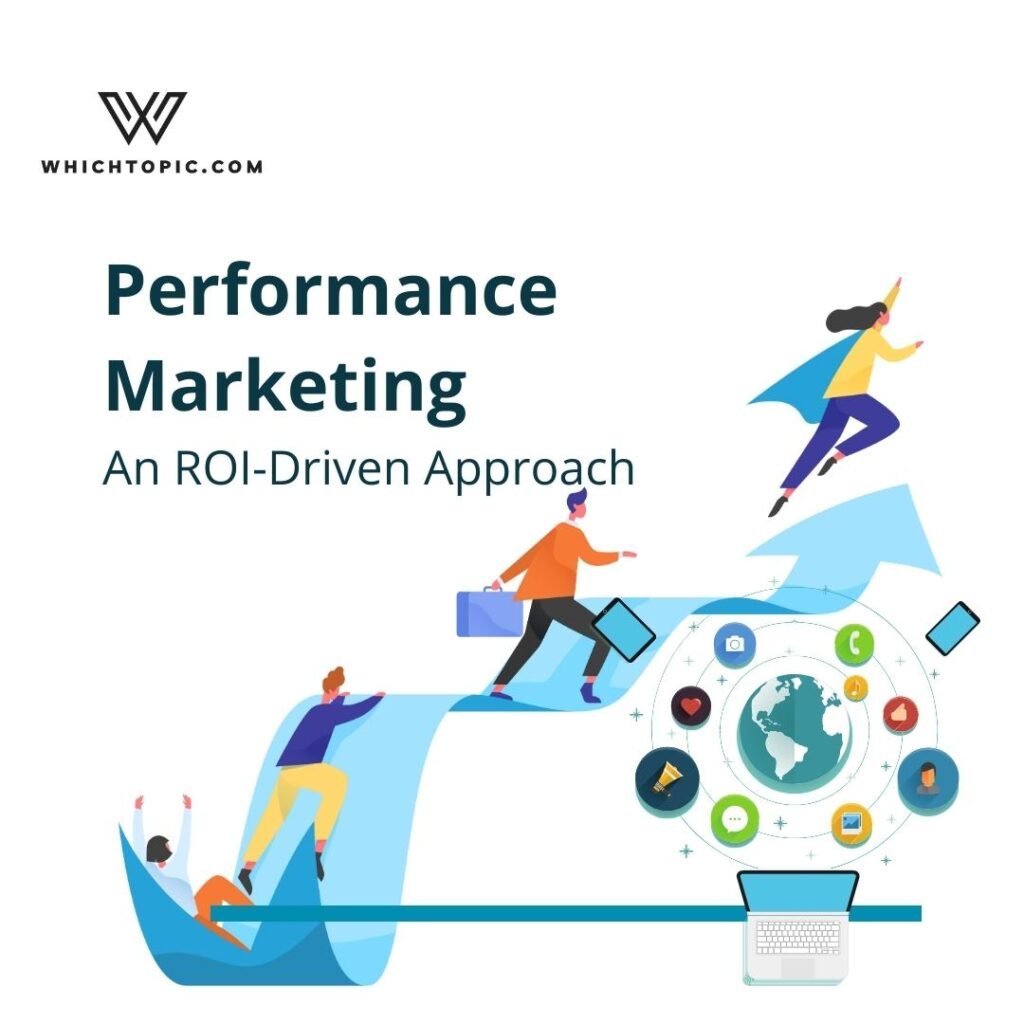
Introduction
Over the past few years, the field of Artificial Intelligence (AI) has seen remarkable advancements. Consequently, numerous industries have eagerly embraced AI to optimize processes, elevate customer experiences, and spearhead innovation. Yet, alongside these advancements, there’s a growing debate surrounding “The Rise of Artificial Intelligence and Its Impact on Jobs.” While many champion the benefits of AI, others express deep concerns about its potential to disrupt the job market. Throughout this article, we will delve into the multifaceted effects of AI on employment, weaving in crucial insights, compelling facts, and revealing numbers.
The Evolution of Artificial Intelligence
Historical Context
Historically, technological advancements have always been accompanied by fears of job losses. For instance, during the Industrial Revolution, machines were introduced which led to the displacement of many manual labourer. Similarly, the rise of AI is perceived by some as a threat to traditional jobs.
Current Trends in AI
Over the past decade, AI applications have seamlessly woven their way into a multitude of sectors. For instance, many businesses have turned to AI-powered chatbots to efficiently address customer queries. Similarly, in the realm of healthcare, practitioners are now leveraging AI algorithms to forecast patient outcomes with greater accuracy. Given these advancements, it’s evident that the potential of AI is boundless, and, consequently, its widespread adoption shows no signs of slowing down.
Impact on Jobs
Jobs at Risk
According to a report by McKinsey, it is estimated that by 2030, up to 800 million jobs globally could be displaced by automation. Routine and repetitive tasks are particularly vulnerable. For instance, in the banking sector, tasks such as data entry and basic customer service can easily be automated.
Creation of New Jobs
On the flip side, there’s a silver lining to the AI narrative. While some jobs face obsolescence, AI simultaneously paves the way for a plethora of new job opportunities. In fact, for each position that fades away, fresh roles spring up in burgeoning fields such as AI research, machine learning engineering, and data analysis. Consequently, many experts hold the optimistic view that, when considering the broader picture, the overall impact on employment could tilt towards the positive side in the foreseeable future.
Preparing for the Future
Upskilling and Reskilling
For the workforce to remain relevant, continuous learning is essential. By many organisations, training programs are being offered to help employees acquire new skills. Governments are also playing a role by launching initiatives to promote digital literacy.
Embracing Change
Resistance to change is natural, but adaptation is crucial. By embracing AI, businesses can achieve efficiency and remain competitive. For employees, a proactive approach to learning and staying updated with industry trends is beneficial.
Conclusion

In wrapping up, it’s undeniable that the ascent of Artificial Intelligence introduces a myriad of challenges. However, on the flip side, it also unveils unprecedented opportunities. As we navigate this transformative era, it’s imperative for society to adopt a nuanced and balanced perspective on AI’s influence on employment. By fostering collaboration between tech innovators and policymakers, championing continuous education, and embracing innovation, we can pave the way for a synergistic future. In this envisioned landscape, AI and humans not only coexist but thrive together, each amplifying the strengths of the other.
Topics You May Like
Evolution of Digital Marketing
Performance Marketing for Digital Success
The Fundamentals of Digital Marketing
Understanding Cost Per Action (CPA) in Performance Marketing
Leveraging Data in Performance Marketing
Unraveling the Marketing Maze: Performance Marketing vs. Brand Marketing
Mastering Performance Marketing: A Guide to Optimisation
The Revolution of Digital Marketing: The AI Impact
The New Age of Mobile Advertising: Embracing Programmatic DSPs


